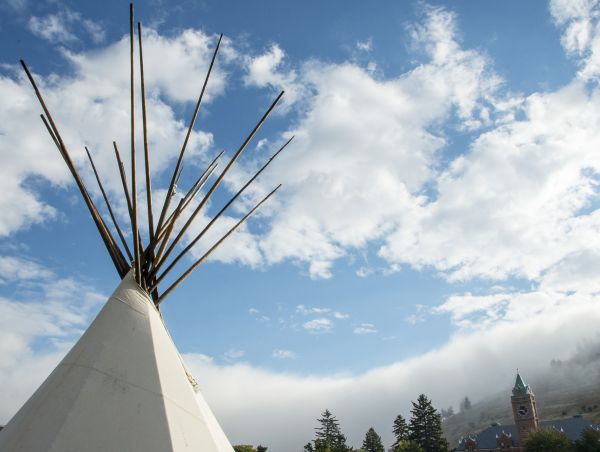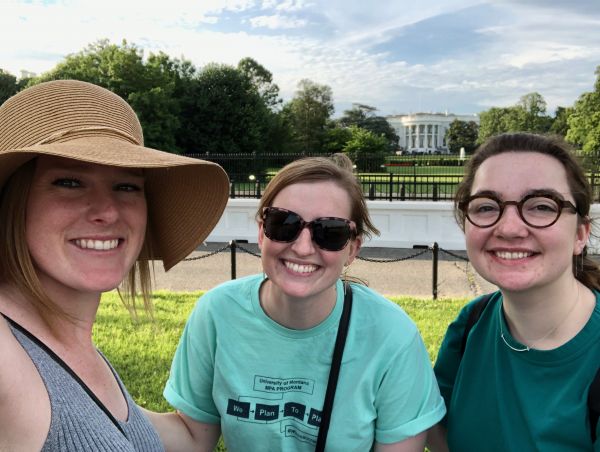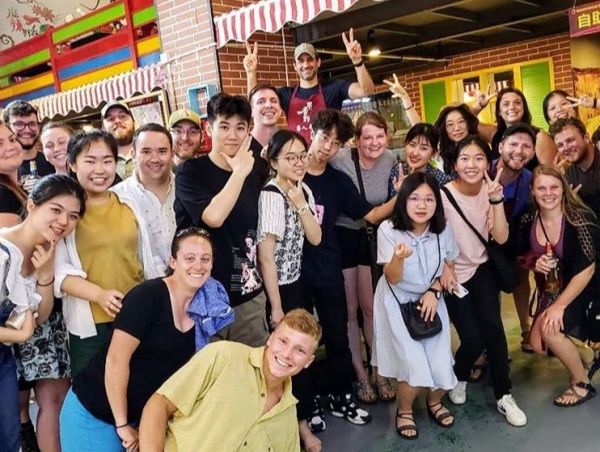
Law and Social Work
Be the Change
Criminal justice, child protection, housing and homelessness, and domestic violence involve the intersection of social work and the law. Those with a broad skill set can provide a range of services not otherwise available in rural areas and close the gap in needed resources for vulnerable, underserved populations. Having both a J.D. and a master’s degree in social work enables graduates to have a granular understanding of social systems and how best to advocate for clients. With the accelerated program, students can expect to complete the requirements of two degrees in four years rather than the five years normally needed to complete the degrees separately.
Best Value Law School
in the national for clerkship placements after graduation
Montana Bar passage rate among first-time exam takers
most affordable among "Top 25 Master's in Social Work Degree Programs 2014"
Joint Degree Programs
- J.D./Masters of Business Administration Master's Doctorate/Specialist
- J.D./Masters of Public Administration Master's Doctorate/Specialist
- J.D./Masters of Science in Environmental Studies Master's Doctorate/Specialist
- J.D./Masters of Social Work Master's Doctorate/Specialist
Special Curriculum and Certificate Programs
- American Indian Law Certificate
- Environmental and Natural Resource Law Certificate
- Natural Resource Conflict Resolution Certificate
Outside the Classroom
-

Pro Bono Program
The Pro Bono Program matches law student volunteers with pro bono partner organizations. The Pro Bono Program focuses on the promotion and development of professional legal values and the delivery of free legal services to underserved persons, communities and organizations.
-
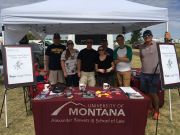
Clinic Program
Founded in 1966, our clinical program offers four in-house clinics and 24 field placements. Under the supervision of faculty and experienced attorneys, third-year students practice law in a variety of settings, from criminal defense and prosecutors’ offices to environmental nonprofits and government agencies.
-
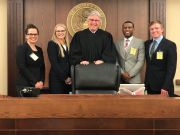
Competition Teams
Montana is a consistent contender both regionally and nationally. Teams include the American Bar Association Negotiation Competition, National Environmental Moot Court, National Moot Court Competition, National Trial Competition – American College of Trial Lawyers, and the NALSA National Moot Court Competition.
-

Student Groups
Over 20 student organizations ensure an opportunity for everyone to participate in activities, including law reviews, competition teams, student government or public service groups. Organizations include the Student Bar Association, Women’s Law Caucus, Environmental Law Group, Military Law Society, Native American Law Student Association, Phi Delta Phi Legal Fraternity and many more.
Program Highlights
SEE MOREAlso in the Law School
-

Jameson Law Library
The Law Library provides innovative and high-quality law library services that support legal research, teaching, scholarship and practice in Montana. The Law Library provides access to reference materials, research assistance, formal research courses and informal instructional opportunities.
-

Career Development Office
The law school’s Career Development Office is committed to supporting students through each step of the job-search process. The staff serve as liaisons among students, alumni and employers to promote practice-based education. Career Development also offers practical workshops, one-on-one counseling, application review and other career resources.
-

Max S. Baucus Institute
The work of the Max S. Baucus Institute is an extension of the important bipartisan, consensus-building public service Ambassador Baucus exemplified during his long and distinguished career. Situated within the law school, the Baucus Institute is where policymakers, lawyers, politicians, leading academics and law students interact on a global scale.
Find Your Path
There are countless ways you can fuel your passions and forge a path to a fulfilling legal career.
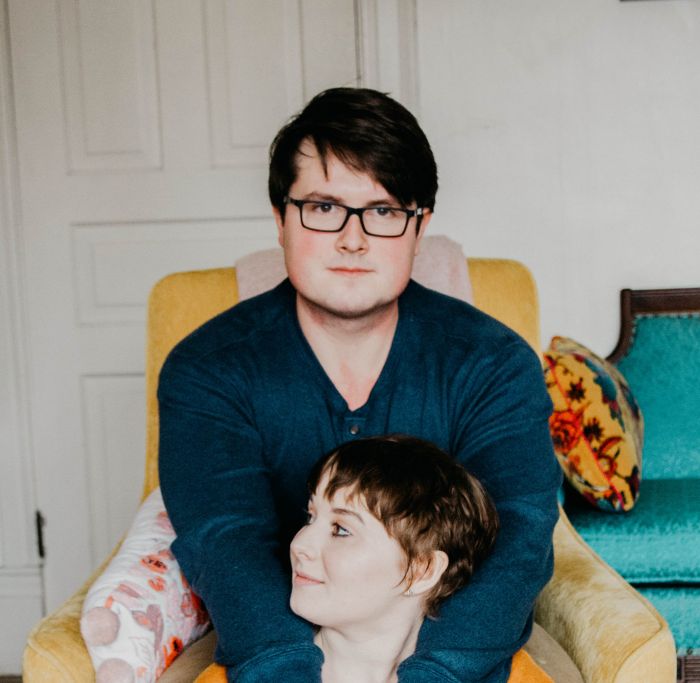
Tyler Waite
Class of 2020
Hometown: Great Falls, Montana
Area of focus: Criminal Law
"I think my desire to work in criminal law came not just from seeing someone who I never saw as dangerous through a plastic visitation window, but also from seeing family members wait to visit their loved ones. I wanted to be an advocate for people who were trapped in the harsh criminal justice system and an advocate for their families and friends who would have to continue life on the outside without their presence."
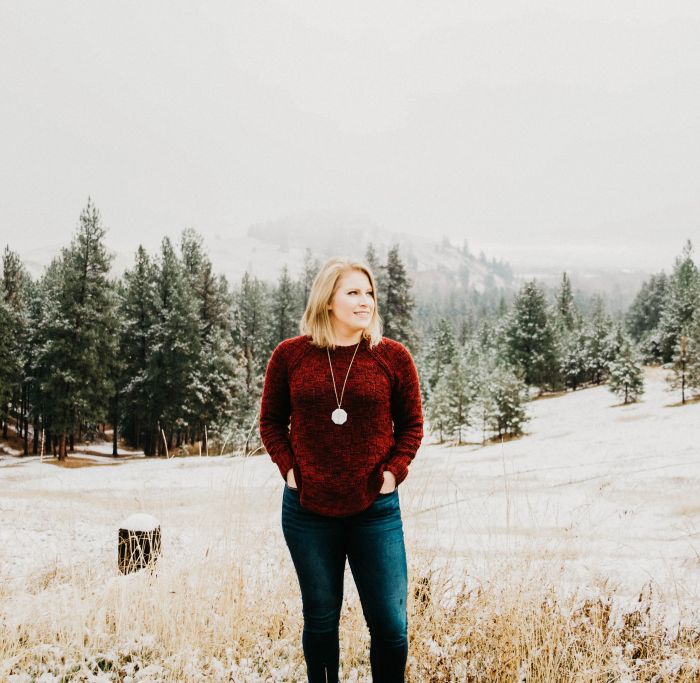
Hallee Kansman
Class of 2020
Hometown: Farmington Hills, Michigan
Area of focus: Environmental/Natural Resources Law and Policy
“I have a deep passion for the West due to my adventures growing up exploring Glacier National Park. With a bachelor’s degree in biology, I was determined to become a wildlife biologist and work in the Park; however, I discovered that law was driving my passion for bettering the environment.”
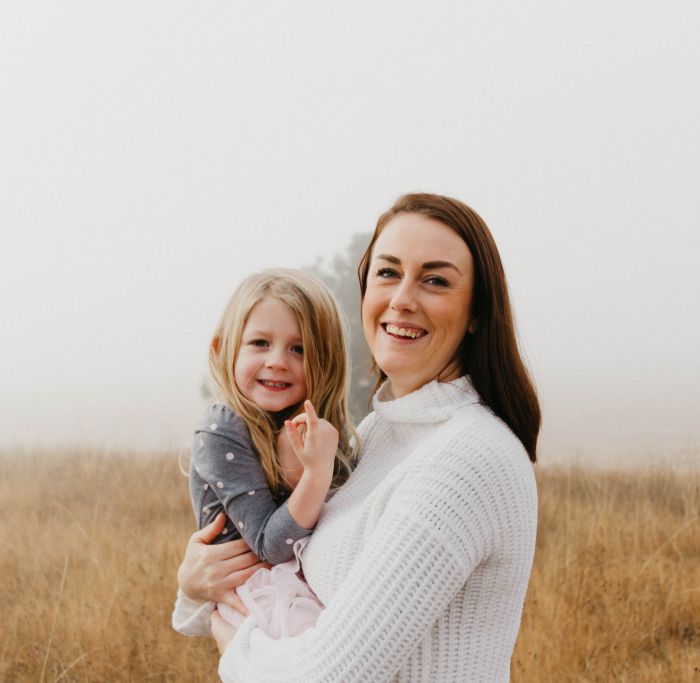
Cierra Anderson
Class of 2021
Hometown: Frenchtown, Montana
Area of focus: Criminal Law
“My best friend suggested I apply to law school. I sat down and thought about whether or not I could do it, and I realized that I’d never stopped wanting to correct the imbalance I had been seeing in the world for my entire life. I applied, was accepted and have never been happier in any decision I have ever made. I have never felt more at home than I do at ABIII.”
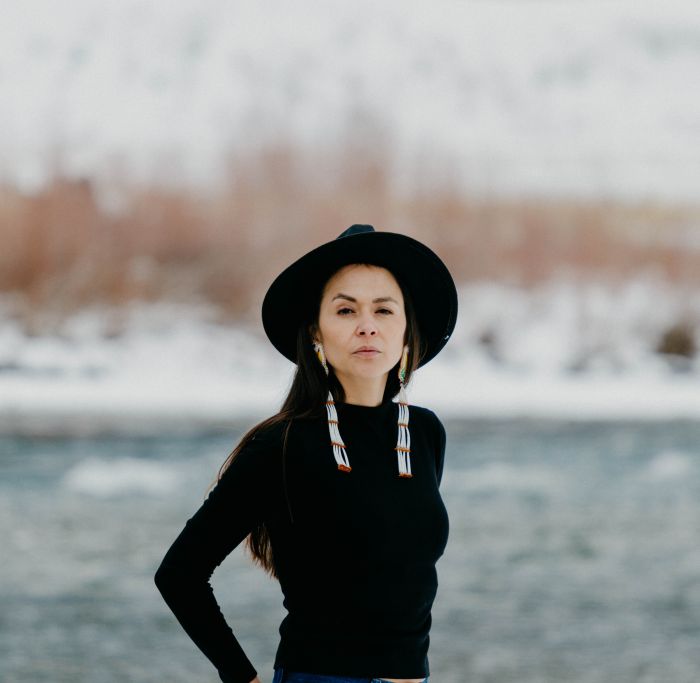
Marissa Mahkuk Compton
Class of 2020
Hometown: Butte, Montana
Area of focus: Indian Law, Law and Business
“I need to set an example for my own son, of course, but it’s more than that. I want every member of my family to know their worth. I want every single young relative who comes after me to know that it can be done, to feel empowered to chase their dreams without the limits of the past or what they have seen.”




Tyler Waite
Class of 2020
Hometown: Great Falls, Montana
Area of focus: Criminal Law
"I think my desire to work in criminal law came not just from seeing someone who I never saw as dangerous through a plastic visitation window, but also from seeing family members wait to visit their loved ones. I wanted to be an advocate for people who were trapped in the harsh criminal justice system and an advocate for their families and friends who would have to continue life on the outside without their presence."
Hallee Kansman
Class of 2020
Hometown: Farmington Hills, Michigan
Area of focus: Environmental/Natural Resources Law and Policy
“I have a deep passion for the West due to my adventures growing up exploring Glacier National Park. With a bachelor’s degree in biology, I was determined to become a wildlife biologist and work in the Park; however, I discovered that law was driving my passion for bettering the environment.”
Cierra Anderson
Class of 2021
Hometown: Frenchtown, Montana
Area of focus: Criminal Law
“My best friend suggested I apply to law school. I sat down and thought about whether or not I could do it, and I realized that I’d never stopped wanting to correct the imbalance I had been seeing in the world for my entire life. I applied, was accepted and have never been happier in any decision I have ever made. I have never felt more at home than I do at ABIII.”
Marissa Mahkuk Compton
Class of 2020
Hometown: Butte, Montana
Area of focus: Indian Law, Law and Business
“I need to set an example for my own son, of course, but it’s more than that. I want every member of my family to know their worth. I want every single young relative who comes after me to know that it can be done, to feel empowered to chase their dreams without the limits of the past or what they have seen.”
